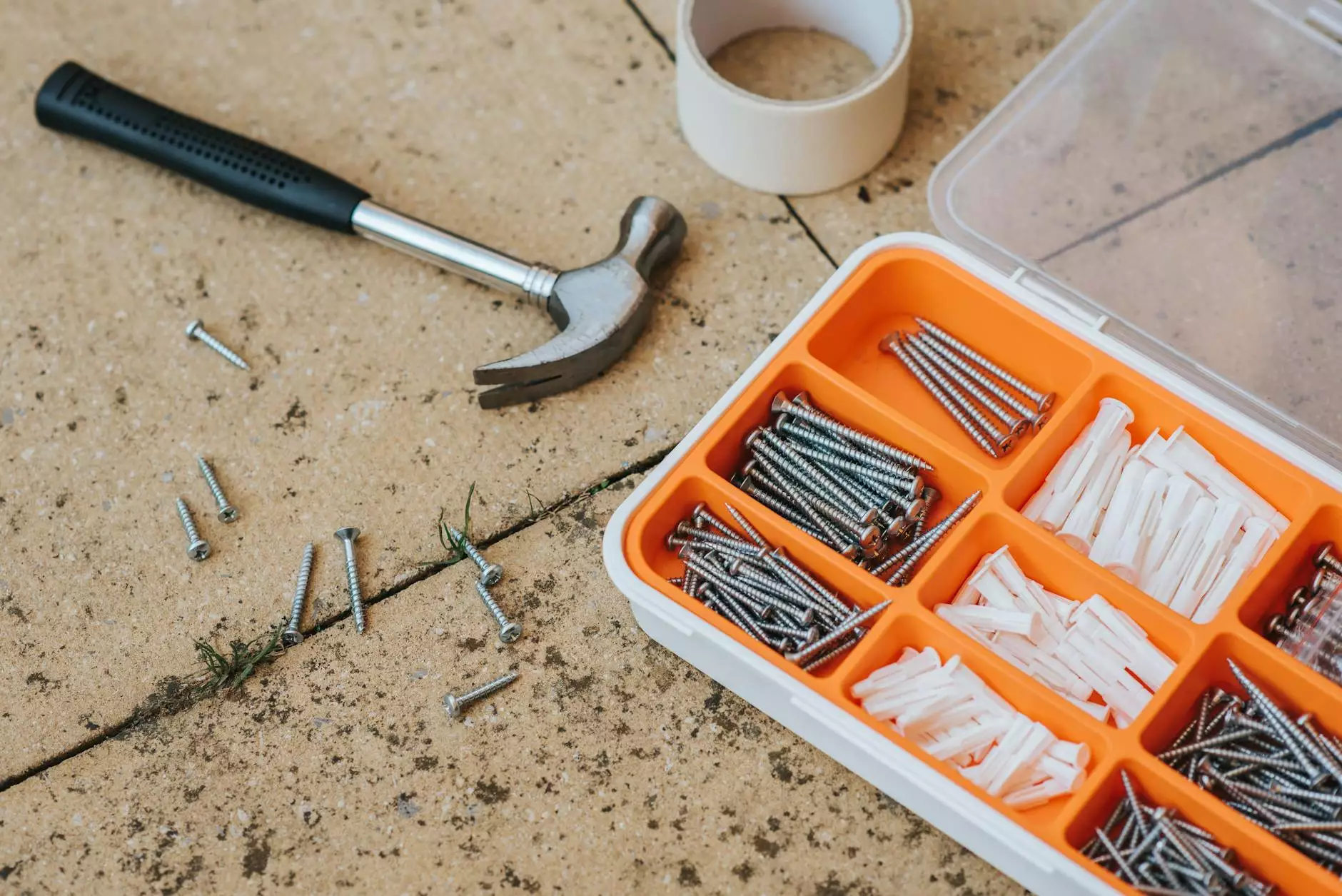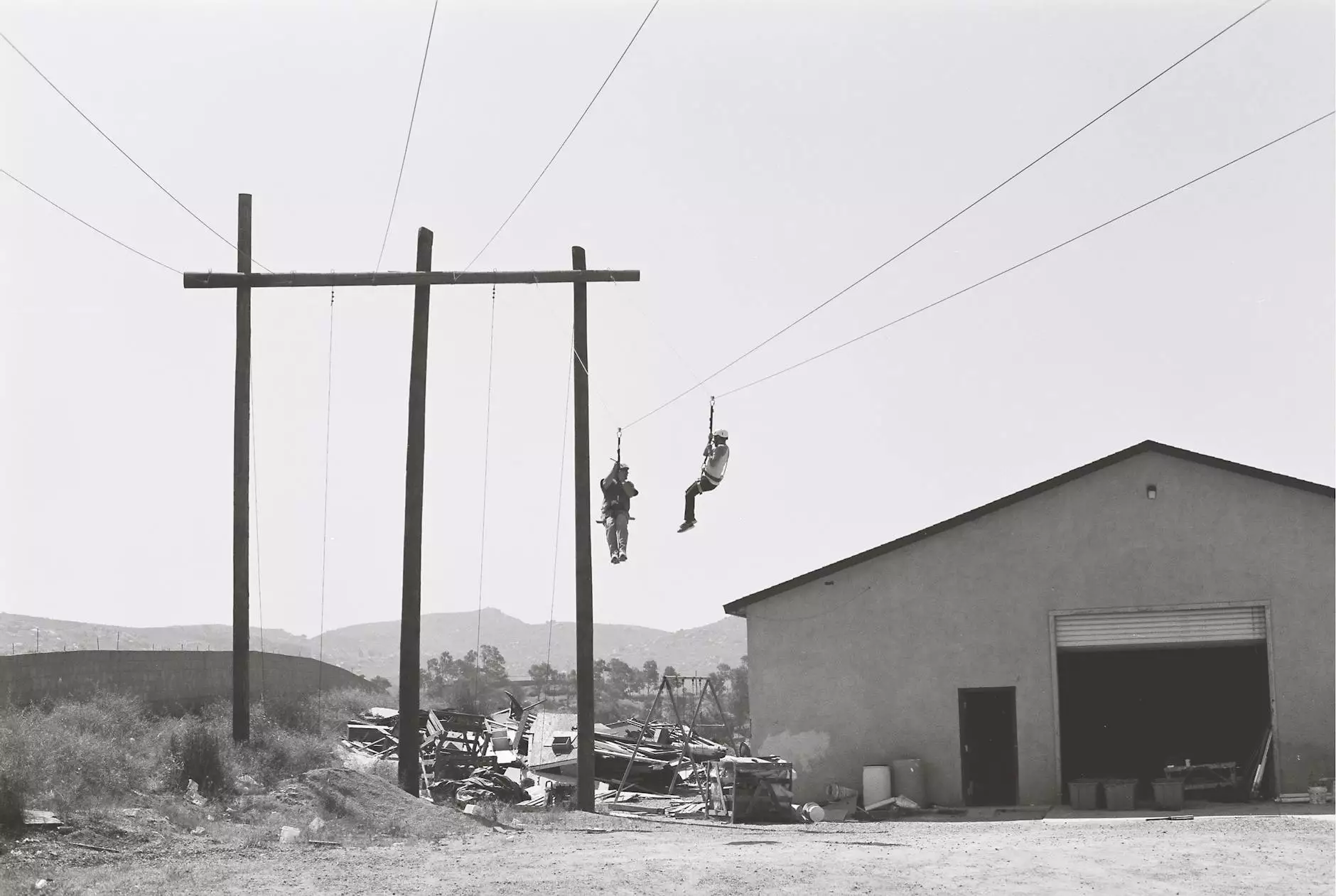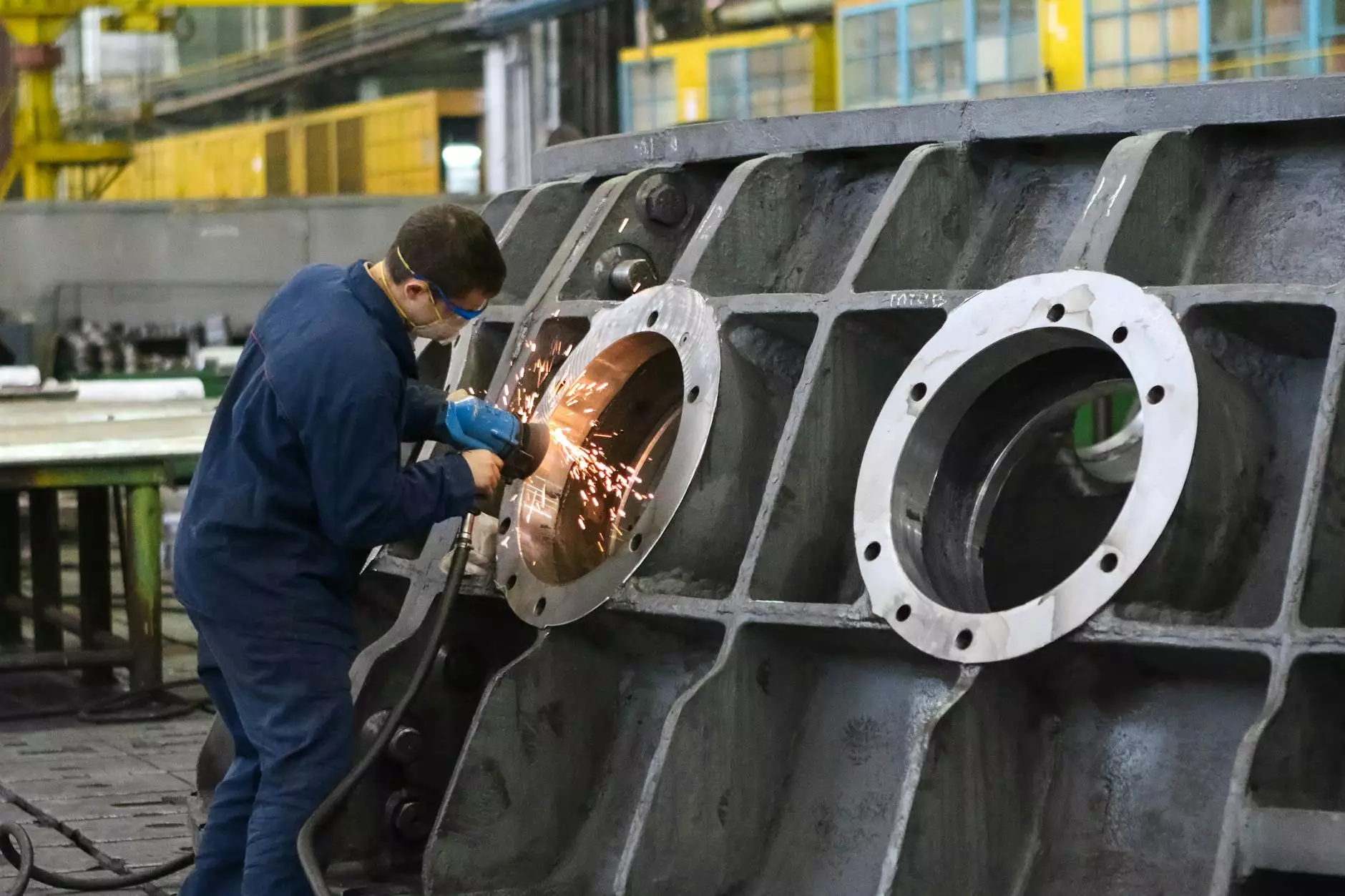The Impact of PSI Pressure: Enhancing Performance in Various Industries

When it comes to ensuring optimal performance in Auto Repair, Farm Equipment Repair, and Structural Engineering, one of the key elements that cannot be overlooked is the PSI pressure. Understanding and effectively managing PSI pressure can have a significant impact on the functionality and longevity of various equipment and structures.
Auto Repair Industry
In the Auto Repair industry, PSI pressure plays a crucial role in maintaining the efficiency and safety of vehicles. Whether it is the tire pressure, fuel injection system pressure, or engine compression pressure, each component requires precise PSI management for optimal performance. Incorrect PSI levels can lead to decreased fuel efficiency, accelerated tire wear, and even potential safety hazards on the road.
Optimizing PSI Pressure in Auto Repair:
- Regularly check and adjust tire pressure to the manufacturer's recommended PSI levels.
- Maintain proper fuel system pressure to ensure efficient combustion and engine performance.
- Monitor engine compression pressure to prevent overheating and mechanical failures.
Farm Equipment Repair
In the realm of Farm Equipment Repair, PSI pressure is a critical factor in the functionality and productivity of agricultural machinery. From tractors to harvesters, ensuring the right PSI levels in tires, hydraulic systems, and air compressors is essential for smooth operations on the farm. Improper PSI management can lead to equipment breakdowns, reduced crop yield, and increased maintenance costs.
Managing PSI Pressure in Farm Equipment Repair:
- Regularly inspect and adjust tire pressure to support heavy loads and varying terrains.
- Maintain optimal PSI levels in hydraulic systems to prevent leaks and malfunctions.
- Monitor air compressor pressure to ensure efficient operation of pneumatic tools and machinery.
Structural Engineering
When it comes to Structural Engineering, PSI pressure is a fundamental consideration in the design and construction of buildings, bridges, and infrastructure. From concrete compressive strength to soil compaction pressure, understanding and controlling PSI levels are crucial for ensuring the structural integrity and stability of various projects. Improper PSI calculations can lead to structural failures, costly repairs, and safety risks.
Enhancing Performance through Optimized PSI Pressure:
- Calculate and apply appropriate PSI levels in concrete mixes to achieve desired strength and durability.
- Control soil compaction pressure during site preparation to prevent settling and foundation issues.
- Ensure proper PSI distribution in structural components to withstand load-bearing requirements.
By emphasizing the importance of PSI pressure in Auto Repair, Farm Equipment Repair, and Structuctural Engineering, businesses and professionals can elevate their performance, efficiency, and reliability within their respective industries. It is vital to prioritize PSI management as a strategic element in maintaining operational excellence and achieving long-term success.









